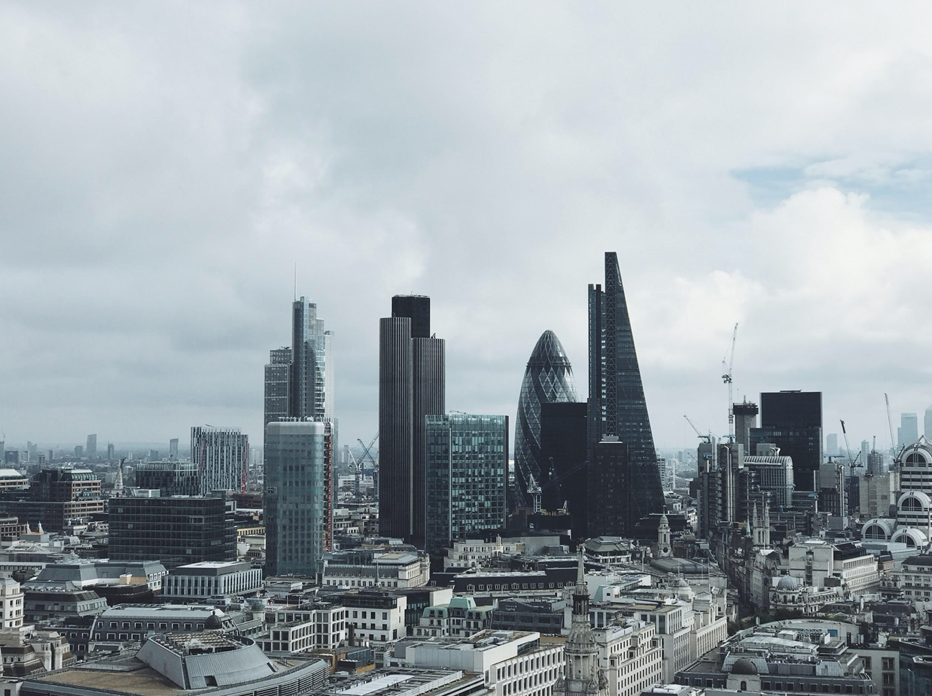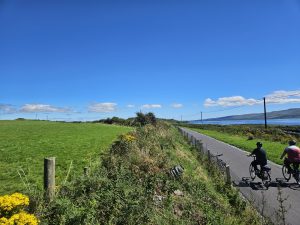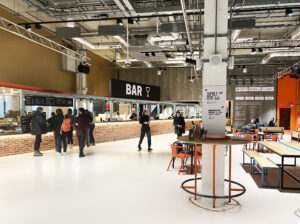At Placemarque, site visits are a massive part of what we do. We immerse ourselves in these locations as part of a process to understand how they work as places, we examine how people arrive, explore, experience, and navigate through an area. We talk to people and we watch how they interact with their environment.
So, as you can imagine, given the current lockdown regulations, our working days have become something quite different. Now that social distancing and isolation are making it near-impossible for us to get on-site and are keeping people out of these once-bustling spaces, we’re having to determine how to keep the human element in the work we do.
Reconsidering how we relate to space
As a result of COVID-19, we’re all reconsidering how we relate to the world around us. The days of spontaneous excursions are over and even just taking a short trip to the shop has become a risky endeavour. Being outside is now a luxury we’ve previously taken for granted.
Familiar urban spaces that were teeming a few weeks ago are now empty and forgotten. Lively city centres are now devoid of the people that fill them with energy. The sudden absence just goes to highlight how the hustle and bustle of street life is as much a part of a place as the built environment.
Government advice urges us to keep our distance and stay home. But density is part of a city’s DNA. Michael Kimmelman put it aptly when discussing pandemics in The New York Times:
They are anti-urban, they exploit our impulse to congregate. And our response so far — social distancing — not only runs up against our fundamental desires to interact, but also against the way we have built our cities and plazas, subways and skyscrapers. They are all designed to be occupied and animated collectively. For many urban systems to work properly, density is the goal, not the enemy.
Adapting Our Process
At the heart of what we do at Placemarque, we help people engage with a place, encouraging them to walk, listen, and look at the surrounding area in new ways. But now we can’t leave our homes, meaning site visits aren’t possible, and it all feels bizarrely disorienting.
At a time like this, where public spaces are dead zones, we’re drawing on the wonders of technology to help bridge some of the gaps. Whether it’s using Google Street View, satellite imagery, or drones, we’re finding ways to carry out our site visits remotely.
But it still feels like something fundamental is missing. How can we properly assess how places are used when they’re empty of human life?
The Human Element
There’s no denying how crucial the human element is to our experience of a space. And as impressive as technology is, a drone can’t read human emotion. Google Street View is good, but it’s also static and likely out of date.
While these methods are great for gathering data and help make our jobs possible during these extraordinary times, they don’t provide a full picture. They leave out the human condition.
Public spaces are about the people who inhabit and interact with them just as much as they’re about physical structures. At Placemarque, we’re not just about places, we’re about people and places. And during this crisis, while technology can bring us to the places, we’re still lacking the people. We’re currently navigating what this means for the work we do and how we can approach it moving forward.
There’s a lot of talk about the world being different when this is over. But perhaps the world will stay the same and we’ll be the ones who have changed. Now that we’ve experienced the absence left when the world shuts down, seen iconic cities like New York and Rome as desolate places, we’ll approach the spaces we inhabit in different ways.
At Placemarque, we put people first and find ways to make environments easier to navigate and more enjoyable to experience.
If you’d like visitors to connect better with your place, get in touch to discuss how we can help, on 0161 241 3174




